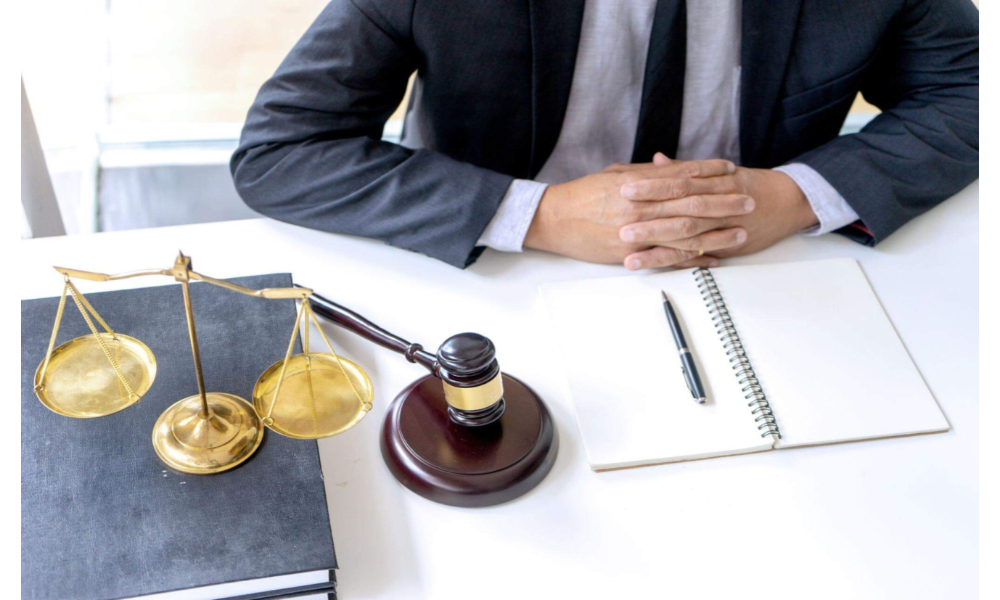When overwhelming debt becomes unmanageable, Chapter 13 bankruptcy can provide a structured path toward financial recovery. For residents of Dubuque, Iowa, understanding this legal process and knowing when to consult a Chapter 13 bankruptcy lawyer in Dubuque IA can make the difference between continued financial struggle and a fresh start.
What is Chapter 13 Bankruptcy?
Chapter 13 bankruptcy, often called a “wage earner’s plan,” is a federal court proceeding that allows individuals with regular income to develop a plan to repay all or part of their debts over three to five years. Unlike Chapter 7 bankruptcy, which involves liquidating assets to pay creditors, Chapter 13 allows debtors to keep their property while reorganizing their financial obligations into a manageable payment structure.
This form of bankruptcy is particularly beneficial for homeowners facing foreclosure, as it can halt the foreclosure process and allow them to catch up on missed mortgage payments over time. The process requires court approval of a repayment plan that demonstrates the debtor’s ability to make regular payments to creditors.
How Chapter 13 Bankruptcy Works
The Chapter 13 process begins when a debtor files a petition with the federal bankruptcy court. Along with this petition, they must submit detailed financial information, including income statements, expense lists, asset valuations, and a proposed repayment plan.
The Repayment Plan
The repayment plan is the cornerstone of Chapter 13 bankruptcy. This plan must demonstrate how the debtor will pay off creditors over the designated period, typically three years for those with below-median income and five years for those with above-median income. The plan must pay secured creditors (like mortgage and car loan holders) in full, while unsecured creditors (such as credit card companies) may receive partial payment or, in some cases, no payment at all.
The Automatic Stay
Once the bankruptcy petition is filed, an “automatic stay” immediately goes into effect. This legal protection stops most collection activities, including foreclosure proceedings, wage garnishments, and creditor phone calls. This breathing room allows debtors to focus on reorganizing their finances without constant pressure from creditors.
Eligibility Requirements for Chapter 13
Not everyone qualifies for Chapter 13 bankruptcy. To be eligible, individuals must meet specific criteria established by federal law. First, they must have regular income sufficient to make the proposed plan payments. Second, their secured debts cannot exceed $1,395,875, and unsecured debts cannot exceed $465,275 (as of 2023, with amounts adjusted periodically for inflation).
Additionally, individuals cannot file for Chapter 13 if they have had a bankruptcy case dismissed within the past 180 days due to willful failure to appear in court or comply with court orders. Those who have received a discharge in a previous Chapter 13 case within the past two years or a Chapter 7 discharge within the past four years may also face restrictions.
Benefits and Drawbacks of Chapter 13
Chapter 13 bankruptcy offers several advantages for qualifying debtors. Most importantly, it allows individuals to keep their homes and other valuable assets while catching up on missed payments. The process also consolidates multiple debt payments into a single monthly payment to the bankruptcy trustee, simplifying financial management.
The automatic stay protection provides immediate relief from creditor harassment and collection activities. Additionally, Chapter 13 can strip off wholly unsecured second mortgages in some circumstances, and it may allow for the reduction of certain secured debts to the actual value of the collateral.
However, Chapter 13 also has drawbacks. The process requires a long-term commitment to a strict payment plan, typically lasting three to five years. During this time, debtors cannot take on new debt without court approval, and they must live within the constraints of their approved budget. The process also involves ongoing court supervision and trustee oversight.
Why Legal Representation Matters
Navigating Chapter 13 bankruptcy without professional guidance can be overwhelming and risky. The process involves complex legal requirements, detailed financial disclosures, and strict procedural deadlines. A qualified Chapter 13 bankruptcy lawyer in Dubuque IA can provide essential guidance throughout the process.
An experienced attorney can evaluate whether Chapter 13 is the best option for a particular situation or whether alternatives like Chapter 7 bankruptcy or debt consolidation might be more appropriate. They can help develop a realistic repayment plan that meets legal requirements while remaining manageable for the debtor.
Legal representation becomes particularly valuable when complications arise, such as creditor objections to the proposed plan or changes in the debtor’s financial circumstances during the repayment period. Attorneys can also help navigate the specific procedural requirements of the Northern District of Iowa, where Dubuque bankruptcy cases are filed.
The Role of the Bankruptcy Trustee
In Chapter 13 cases, a bankruptcy trustee plays a crucial role in overseeing the repayment plan. The trustee reviews the proposed plan, collects monthly payments from the debtor, and distributes funds to creditors according to the court-approved schedule. They also monitor the debtor’s compliance with plan requirements and may object to plan modifications that don’t meet legal standards.
Key Takeaways
Chapter 13 bankruptcy provides a valuable tool for individuals facing overwhelming debt while wanting to keep their assets, particularly their homes. The process requires careful planning, strict adherence to payment schedules, and ongoing court supervision. While challenging, it offers a structured path to financial recovery for those with regular income who can commit to a multi-year repayment plan.
Understanding the complexities of Chapter 13 bankruptcy and working with qualified legal counsel can significantly improve the chances of successfully completing the process and achieving long-term financial stability. For Dubuque residents considering this option, consulting with a knowledgeable bankruptcy attorney is an essential first step in evaluating whether Chapter 13 bankruptcy aligns with their financial goals and circumstances.
bento4d toto togel toto togel slot online bento4d situs slot bento4d bento4d bento4d
